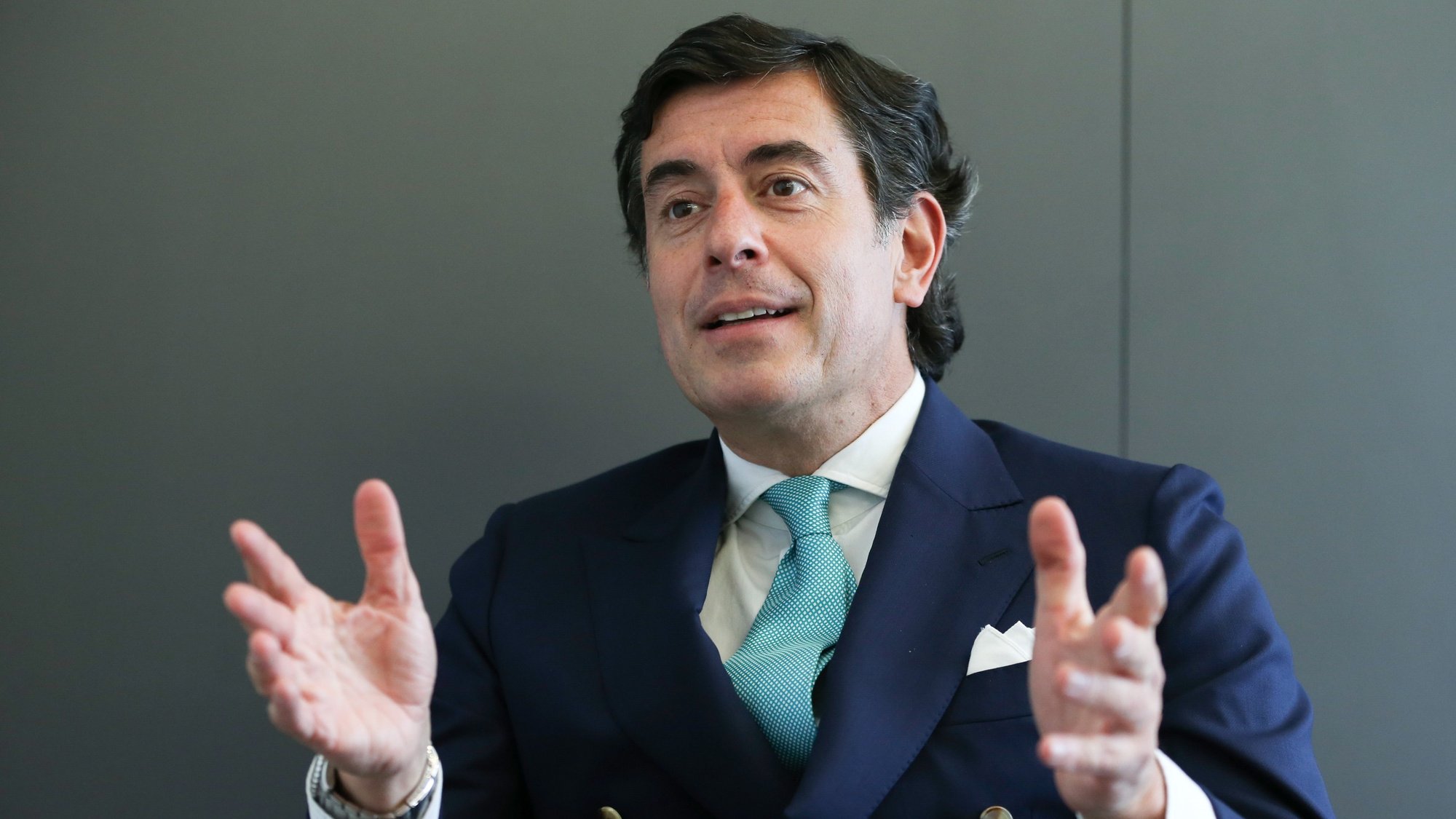The APED defended this Tuesday “balance and common sense” in the elaboration of the Government’s energy saving plan, highlighting that the measures put in place by the distributors represented “a reduction of up to 30% in electricity consumption per square meter ”.
The Portuguese Association of Distribution Companies (APED) recalled that the entity and its associates “we have been promoting, for more than a decade, energy efficiencycontributing to the preservation of the environment, food safety and consumer welfare.
In the last decade, “companies in the sector have implemented eco-efficiency measures that have made it possible to reduce electricity consumption per square meter of sales area by up to 30%”.
That’s why, “At a time when the Government is preparing an energy saving and water efficiency plan, APED believes that there must be balance and common sense in the preparation of this plan”defended the APED.
Recognizing that there is room, given the anomalous situation we are facing, for the introduction of some improvements in distribution and trade, the response to the energy crisis must go through, above all, the consultation and involvement of the different sectors of activity and for initiatives of limited duration”, considers the association, for whom the challenge of consuming less energy “cannot be separated from the need to produce more and better energy”.
In his opinion, “a public policy that does not take into account the need to improve the processes inherent to the installation of energy production plants for self-consumption does not take into account reality and a medium-term perspective.”
THE APED “is, as always, available to make its contribution to the energy saving plan that is being designed, as well as making consumers aware of the adoption of sustainable behaviors, a practice that is carried out on a daily basis in the field of efficient use of resources and the promotion of responsible consumption”, the association has underlined.
The association also mentioned that the installation of high energy efficiency equipment, in particular refrigeration technologies, cold rooms, installation of cold wall doors on refrigerated cabinets, implementation of consumption monitoring systems, or even the adoption of efficient lighting, are some of the examples of what the entire sector has been developing.
Also noteworthy is the periodic regulation of the ‘set-points’ of the air conditioning systems, the installation of lighting fractionation controls and regulation of light intensity, the continuous training and awareness of the teams for good energy efficiency practices”, APED added. , also pointing out “the consumption of energy from renewable sources and the progressive installation of photovoltaic systems at points of sale”.
As an association of a sector “which represents 11% of the [produto interno bruto] At the national level, APED has promoted continuous work to promote energy efficiency in the sector, through the Plan for the Promotion of Efficiency in Electric Energy Consumption (PPEC), and at the end of last year it launched the bases for the construction of the Roadmap for the Decarbonization of the Sector, an initiative based on best practices at the international level, which aims to decarbonize the sector by 2040 and whose official presentation will take place in October”, concluded the entity.
The Ministry of the Environment will present an energy saving plan “soon” that may include measures to limit energy consumption in Public Administration buildings, an official source told Lusa a week ago.
The Ministry of the Environment and Climate Action will shortly present a plan that may include, for example, a general awareness campaign to reduce the energy consumption of companies and families and measures to limit energy consumption in Administration buildings Public”, has indicated, at the time, an official source in response to Lusa, without giving more details.
Last week, the Spanish government approved a “package of urgent energy saving and efficiency measures”, given the “critical situation” that Europe is experiencing due to the Russian threat to cut off gas supplies.
Within the scope of these measures, the temperature in public buildings, commercial spaces, bus and train stations and airports in Spain may not be lower than 27 degrees in summer and higher than 19 in winter, in order to save energy.
The measure, which will also reach cultural spaces, among others, also provides that the lighting in shop windows, monuments and other buildings be turned off after 10:00 p.m., as well as the lights inside public buildings when they are unoccupied. , according to the Minister of the Spanish Government’s Energy portfolio, Teresa Ribera.
The Spanish Government will also increase teleworking in the public administration and the minister called on “large companies” to do the same, to have fewer trips and lower costs with the air conditioning of buildings and other energy consumption.
Source: Observadora
